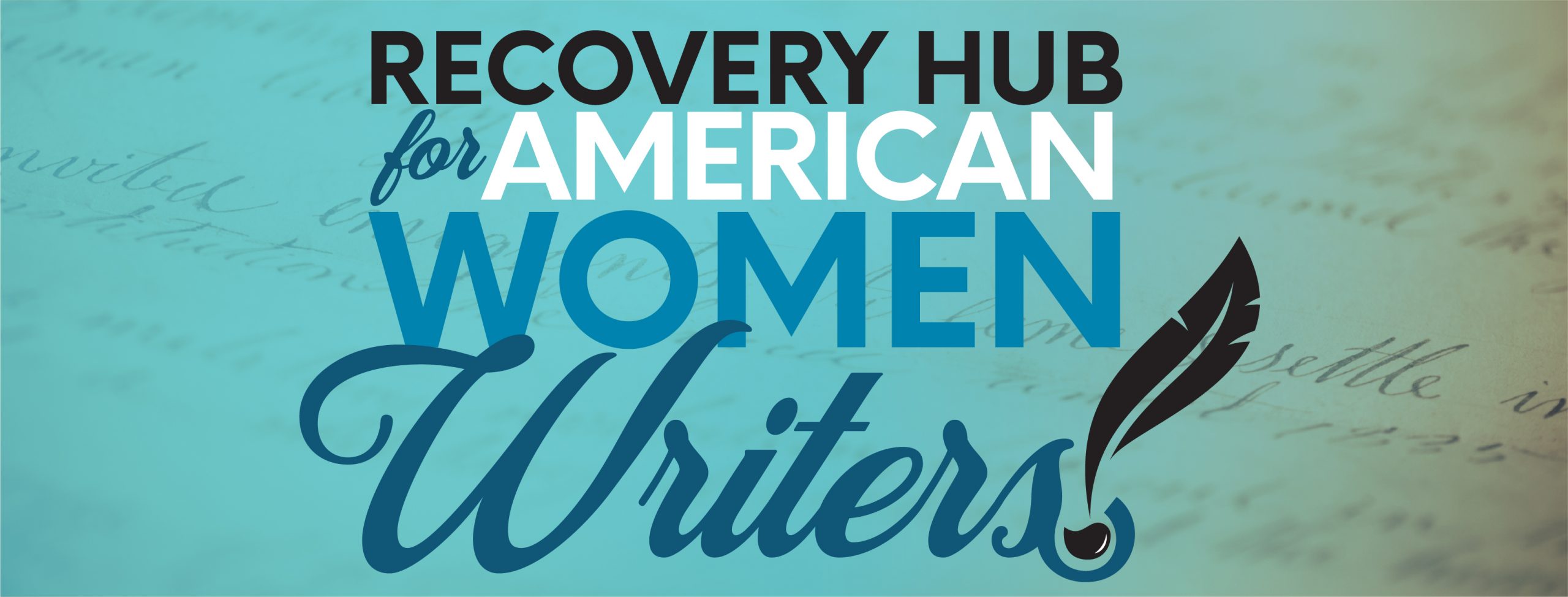Keywords: diary, diaries, archives, manuscripts
Resource created by: Dr. Desirée Henderson, University of Texas, Arlington
Introduction by: Tracy Fernandez Rysavy, University of Wisconsin-Green Bay
PDF version of this resource introduction.
About The Diary Index:

The Diary Index website features a robust list of URLs for a variety of digitized, open-access diaries, including several by American women writers, from Mormon women’s suffrage activist Emmeline B. Wells to 1950s Maryland farmer Elizabeth Robinson to Frances Anne Rollin, whose 1868 diary is one of the earliest by a Southern Black woman. This index also includes diaries from male authors and writers around the world.
Equally prominent on the site is a separate section listing “diary fiction,” which creator Dr. Desirée Henderson defines in her book How to Read a Diary: Critical Contexts and Interpretive Strategies for 21st-Century Readers as “[works of literature in diary form, but may also include] stories in which a diary serves as an important plot point, even though the story never takes diary form … This can include stories in which characters read, discuss, contemplate, search for, find, hide or destroy diaries.”
Visitors to the site will also find a small number of blog posts containing advice for how to read diaries, as well as encouragement to preserve your own diaries rather than trashing or burning them.
Feminist scholars have long underscored the importance of regarding women’s diaries as important historical and literary texts worthy of scholarship, especially those written in eras when the publishing industry’s largely male gatekeepers barred many women from disseminating their written works to a wider audience. Though The Diary Index does not focus solely on women writers, the site contains much for the feminist researcher to explore. As Henderson notes, “The historical association between gender and diary writing means that these materials may have particular relevance for scholars and students of women’s writing.”
Background:
Dr. Desirée Henderson tells the Recovery Hub that she developed The Diary Index in response to a need: “I wanted my students to work with diary manuscripts but did not have ready or easy access to print/material artifacts. Instead, I discovered that a significant number of diaries have been digitized, and I began to collect—and then to publish, as a resource for other teachers and scholars—a list of digitized diaries. I have subsequently employed this website in my own teaching—having students analyze specific digitized diaries, as well as explore a host of questions related to these materials (regarding privacy, ownership, digital affordances and limitations, etc.). I hope that the website can be a resource for others who are interested in exploring similar issues with their students.”
